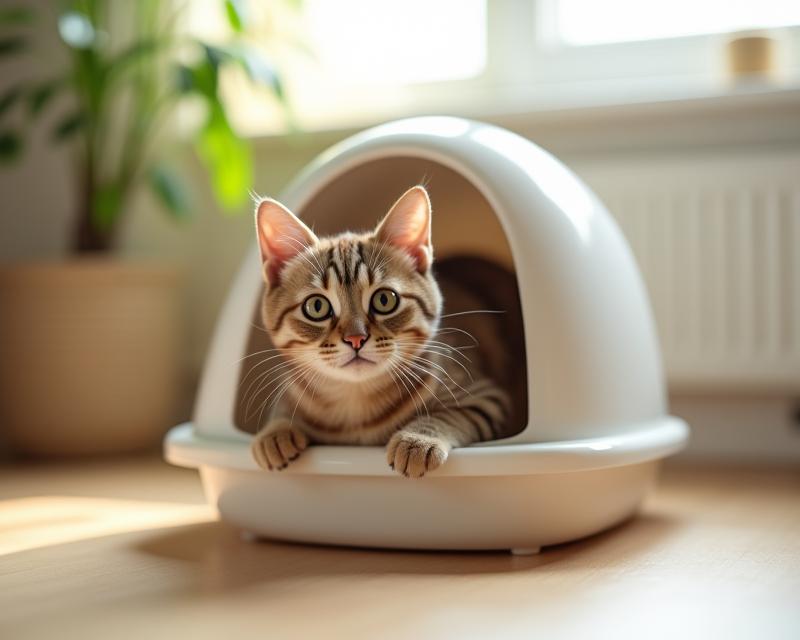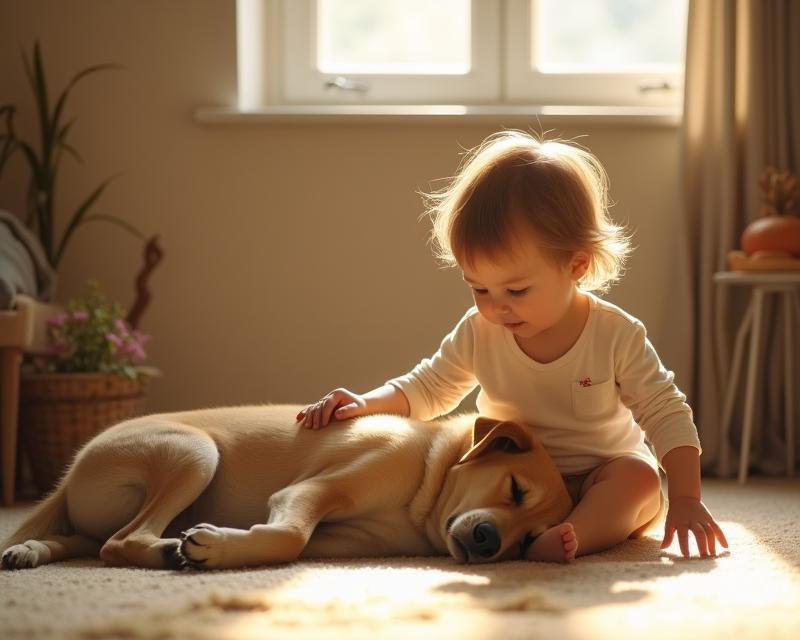Litter Box Bliss: Tips for Happy Cats & Owners!
Publish in General Care el 28/06/2025 22:56
Litter Box Bliss: Tips for Happy Cats & Owners!
Let's be honest, nobody *loves* cleaning a litter box. But a clean litter box is essential for your cat's health and happiness, and it makes life much easier for you too! A happy cat is a healthy cat, and a well-maintained litter box is a big part of that. Here are some essential tips every cat owner should know to create a litter box environment your feline friend will adore.

Choosing the Right Litter Box
The first step is selecting the right litter box. Size matters! It should be at least 1.5 times the length of your cat. Consider your cat's age and mobility too. Kittens need low sides for easy access, while older cats might benefit from a box with a lower entry point. There are also different types of boxes – covered, uncovered, self-cleaning. Experiment to see what your cat prefers. Some cats prefer the privacy of a covered box, while others feel trapped. Uncovered boxes are generally easier for cats to see and feel comfortable using.
Litter Matters!
Just like with boxes, there's a variety of litters to choose from: clay, clumping, crystal, and even natural litters like wood or paper. Clumping litter is popular because it makes scooping much easier. Avoid heavily scented litters, as cats have sensitive noses and may find them unpleasant. Introduce new litters gradually by mixing them with the old litter to avoid upsetting your cat. Pay attention to your cat's preferences – if they start avoiding the box, the litter might be the issue.
Scooping & Cleaning Schedule
This is the most important part! Scoop the litter box *at least* once a day, preferably twice. Remove solid waste and clumps of urine. A dirty litter box is a major deterrent for cats. Empty and thoroughly clean the entire litter box with mild soap and water every 1-2 weeks. Avoid using harsh chemicals or ammonia-based cleaners, as these can be harmful to your cat. Make sure the box is completely dry before refilling it with fresh litter.
Location, Location, Location!
Place the litter box in a quiet, accessible location away from food and water. Avoid high-traffic areas or noisy appliances. Cats value privacy, so a secluded spot is ideal. If you have multiple cats, provide multiple litter boxes – a general rule is one box per cat plus one extra. This helps prevent territorial disputes and ensures everyone has a clean place to go. Don't put the litter box in a dark or damp area either – cats prefer a dry and comfortable environment.
Observe Your Cat
Pay attention to your cat's litter box habits. Any changes in frequency, consistency, or behavior could indicate a health problem. If you notice your cat straining to urinate, blood in the urine, or a sudden change in litter box preferences, consult your veterinarian immediately. Regular observation is key to ensuring your cat's well-being and a happy, healthy life!





